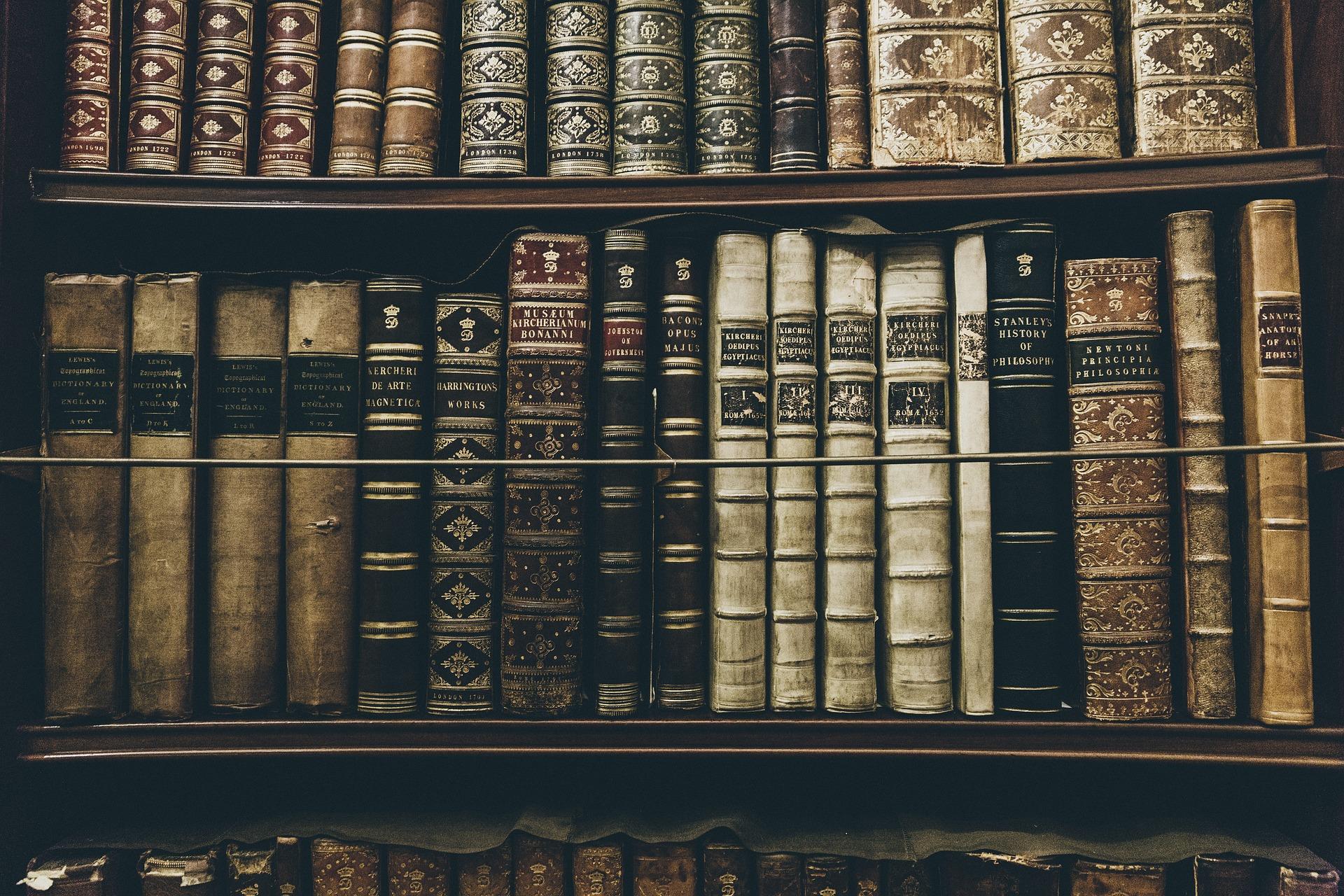Employers and Universities: Work with us?

Why study history?
Historians are fearless explorers of the past! They investigate past societies and cultures, looking at how things have developed over time and connecting the dots to see how we got to where we are today.
It might be about the past, but there are plenty of careers in history that you can pursue today. Why study history? Because it's great news for your future!
'Why study history? You'll learn skills you can apply in a huge range of careers'
What is history?
Studying history is a bit like investigating a crime. Historians learn about the events of the past by studying sources from the time – whether that’s people who witnessed events or who commented on them afterwards.
Historians look at all the available evidence and come to conclusions, a lot like a good detective, which helps them learn to be organised and manage information. If you’re working with ancient history, you may not have a lot of source material to go on and it will be up to you to bring together all your knowledge and to try and solve the mysteries of the past.
By analysing past events we learn about the consequences of people’s actions, from kings, queens and emperors to political leaders, revolutionaries and ordinary folk. This can help inform the decisions we make in the present day, with applications across all areas of life – including many of the job roles you might choose to work in.
Studying history can also be inspiring. When we discover what people have achieved against the odds and how things can change over time, it can give us the motivation we need to succeed.
Teachers, bring history careers into your classroom…
Our colourful guides and posters are a great way to make careers learning interactive while ticking off all eight Gatsby benchmarks!
- Gatsby Subject Guides – Explore how the skills and knowledge students develop in history lead to real jobs – packed with case study interviews! All subjects available – buy individually or as a set. Browse in our shop now.
- Subject Posters – From the future of jobs in history to top industries and key skills linked to your subject, choose the best careers poster to brighten up your classroom wall. All subjects available. Browse in our shop now.
What employability skills will I get?
History teaches us to ask two very important questions: why and how. Studying history helps you develop many skills, including:
- Analysis – you’ll look closely at sources and events, working out what happened, why, and what it means today.
- Communication – history teaches you to explain complex ideas clearly, whether you're writing essays or debating your viewpoint.
- Organisation – from planning arguments to handling lots of information, you’ll learn to structure your work and manage your time.
- Problem solving – you’ll piece together evidence to explore big questions about the past, digging into sources to reach conclusions.
- Research – you’ll dig into sources, books and documents to build a strong case and back up your ideas with facts.
What subjects does history go with?
Studying history at GCSE will help you with other GCSE and A-level essay subjects like:
- Economics
- English literature
- Languages
- Law
- Media studies
- Philosophy
- Politics
- Psychology
- Sociology
Because it helps you develop both writing and analysis skills, it can also be really useful alongside a science subject or maths to broaden your knowledge and abilities.
What degrees do I need history for?
If you want to study history at university, you'll need to take it at A-level.
Although you won’t need it for other courses, the Russell Group recommends history as an excellent subject for keeping your options open when choosing a degree. It can be especially useful for courses that include elements of history and essay writing like:
- Archaeology
- Economics
- Classical studies
- English
- History of art
- Law
- Modern languages
- Politics
- Religious studies
- Teaching
History GCSE or A-level can also be useful for vocational courses or school leaver jobs in journalism, administration, marketing or law.
What apprenticeships is history useful for?
There are lots of apprenticeships which draw on the knowledge and skills you develop when studying history. Here are five examples:
- Chartered town planner – Help design and manage towns and cities, using knowledge of history and planning to shape communities.
- Heritage construction specialist – Restore and preserve historic buildings, applying traditional skills to protect our architectural heritage.
- Policy officer – Develop and evaluate policies that impact society, using research and historical context to inform decisions.
- Social researcher – Conduct research to understand social trends and issues, providing insights that can influence public policy.
- Solicitor – Provide legal advice and representation, drawing on analytical and communication skills honed through studying history.
What careers can history lead to?
With your analytical, writing, debate and detective skills, you’ll be primed for a huge range of careers in history and beyond. Roles you could go into include:
- Antique dealer
- Archaeologist
- Archivist
- Barrister
- Curator
- Fast Stream Civil Servant
- History teacher
- Political researcher
- Social researcher
- Solicitor
Top five Career Zones to explore:
- Education & Teaching
- Hospitality, Leisure & Tourism
- Law
- Public Sector & Government
- Publishing & Media
